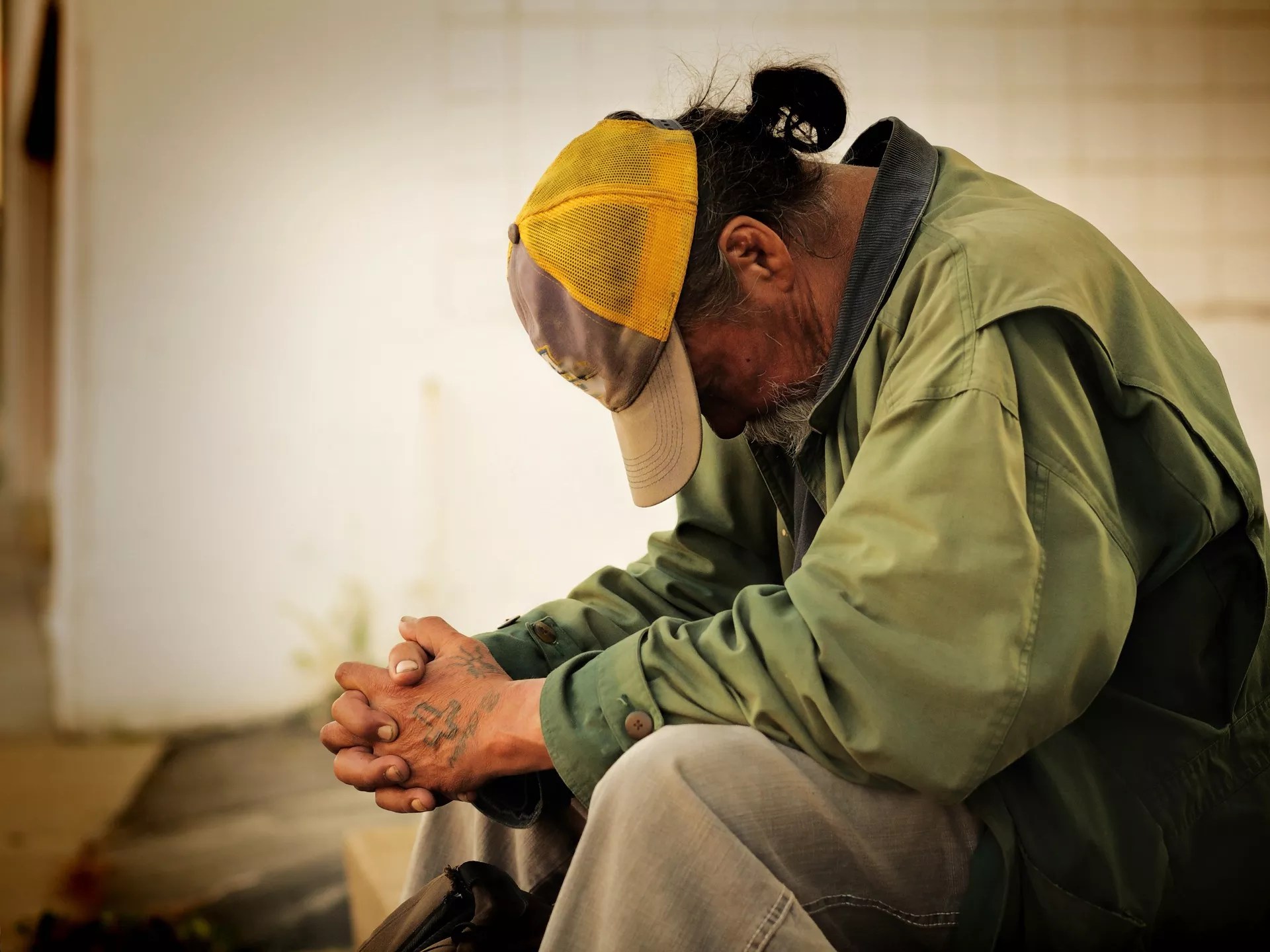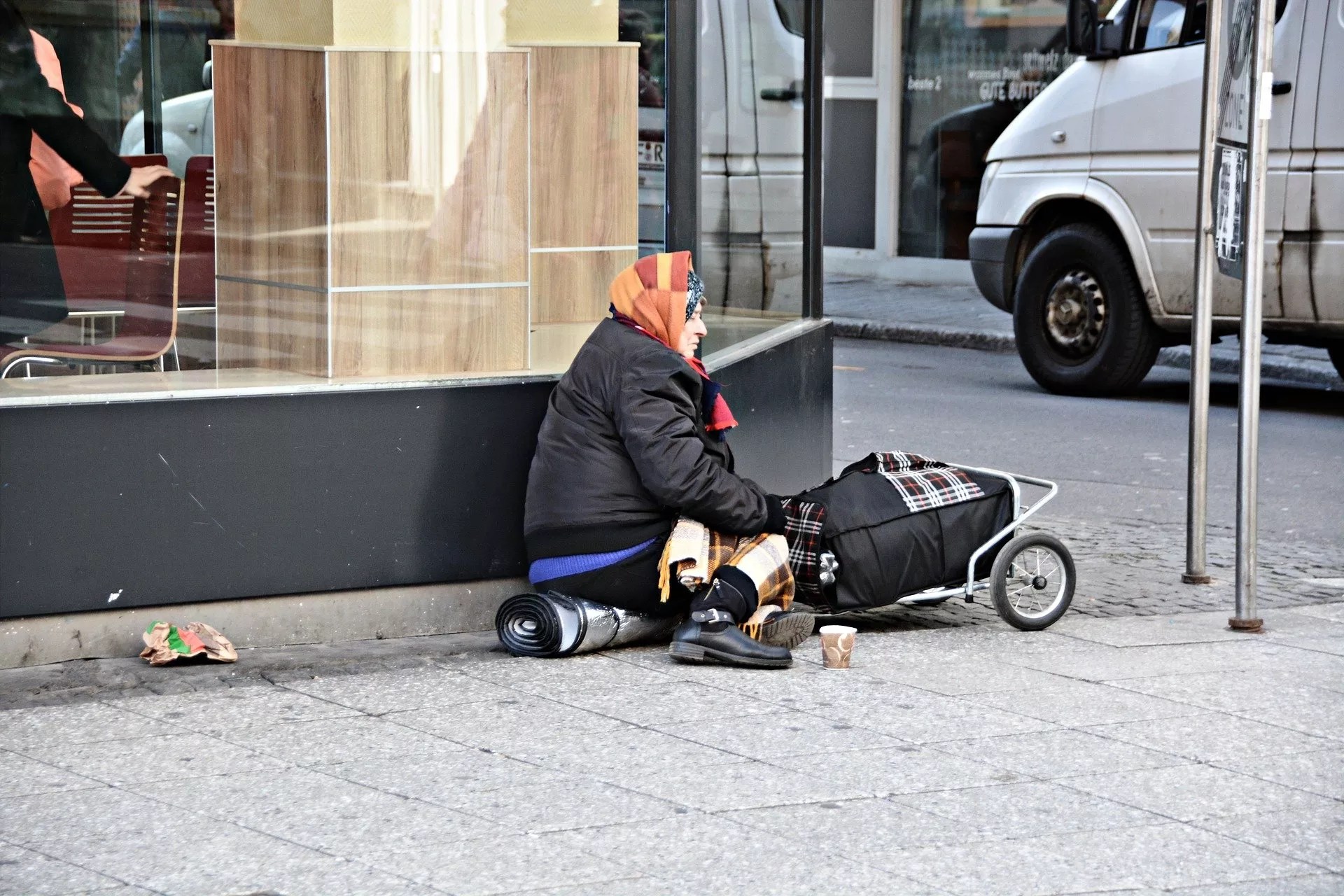
Leroy Skalstad

Audio By Carbonatix
Shelter Matters will debut its fourth episode of The Invisibles: The Homeless Podcast on February 10. Hosted by nonprofit marketer David Sevick and Shelter Matters co-founder Melinda Paterson, this episode will feature an interview with Mary Putman, executive director of the Reciprocity Collective and co-founder of Pizza Fusion, a project of the Colorado Coalition for the Homeless.
During the episode, Putman, Paterson and Sevick will discuss which policies are helping to solve the challenges surrounding the metro area’s homelessness situation – and which policies aren’t.
Using The Invisibles to help educate people on the issue is one way that Shelter Matters hopes to help. “My feeling is that people don’t know enough,” says co-founder Max Appel, who worked with Paterson to create the nonprofit in 2020. Not only do they want to raise awareness, but they want to build a coalition with the Shelter Matters advisory board that can help push legislative changes, and also educate the public about the little ways that individuals can help.
“It’s not just a one-person problem. It’s everyone’s problem,” says Paterson. “It’s the business community. It’s the activists…the people who are on the forefront helping the homeless community to solve this problem. It’s not going to be solved by one group.”
Paterson worked in politics for decades as a fundraising director, but in 2008, a trip to Tanzania inspired her to work with the underserved. She started as development director at Haven of Hope, the day shelter originally known as Father Woody’s Haven of Hope, and went on to serve as executive director there for nine years.
She met Appel when he toured the shelter seven years ago The co-founder of Orange Glo International, a household cleaning-product company that he sold in 2006 for $325 million, Appel has devoted the last two decades to raising funds for everything from United Jewish Appeal to the Sierra Club and St. Jude Children’s Hospital.
“I think each morning, ‘What if it was me?'” says Appel, who grew up in a poor Jewish neighborhood on the west side of Denver. “Now I’m in a position to help.”
His strategy starts with working with people who have the ability to influence public opinion, and he hopes the podcast does just that. Previous episodes of The Invisibles offered an interview with activist Terese Howard, who talked about Denver’s controversial camping ban, and Paterson, who discussed some of the lesser-known issues regarding homelessness.
For example, homelessness doesn’t typically happen overnight, Paterson explained; it often results from a series of events that leave people without the ability to rent a place to live. And there are degrees of homelessness, including hidden, when people couch-surf or stay with friends or family for long periods of time; transitional, when someone briefly uses a shelter or temporary housing; episodic, when individuals have experienced homelessness at least three times during a year; and chronic, when people have been experiencing homelessness for more than a year.

The government needs to get “to know who the homeless are by having some sort of conversation.”
Wolfgang van de Ryt
Shelter Matters plans to highlight the need for more funding to go into wrap-around services, such as support groups, mental health services, treatment for drug addiction and transportation to and from doctors.
Appel and Paterson also support changes to zoning regulations that would allow more businesses and community members to host safe camping or temporary housing without facing “tremendous liability,” Appel says. Legislation could “make it easier for people to open their real estate for camping. It’s not a solution, it’s transitional.”
And Paterson would like to see more accountability for how money is used. “Why are we spending almost $100,000 on sweeps?” she asks. “Why aren’t we focusing on keeping them safe?”
Denver’s Department of Housing Stability recently released its Five-Year Strategic Plan for combatting homelessness, but that plan doesn’t include funds from private investors or people who are running foundations, Paterson notes. “If we could have some sort of an actual figure of how much money is going toward the earmark of homelessness, we could better understand how to allocate it,” she says,
The founders of Shelter Matters have talked with at least forty groups involved in serving and advocating for the homeless. Currently they’re focusing on building their advisory board, and they’d like to grow their organization into a strong lobbying force. “We’re trying to build our group of influencers,” says Appel.
And they’re also hoping to influence individuals, teaching ways they can assist those experiencing homelessness. At Haven of Hope, Paterson recalls, “People would come in and say, ‘I want to help, but I don’t know how.'”
So the Shelter Matters website lists actions such as donating food, blankets or clothing to shelters or directly to those experiencing homelessness. The organization would also like to install two public toilets downtown, but “there’s a lot of hoops to jump through,’ Paterson says.
“We’re not going to solve these problems right away,” Appel admits. But Shelter Matters can start making a difference now.
“Everything that we do is win-win,” Paterson concludes. “It’s a win for the homeless community. It’s a win for the government. It’s a win for the community. It’s imperative that we look at it that way – a solution-finding win for everybody.”
Listen to The Invisibles here.